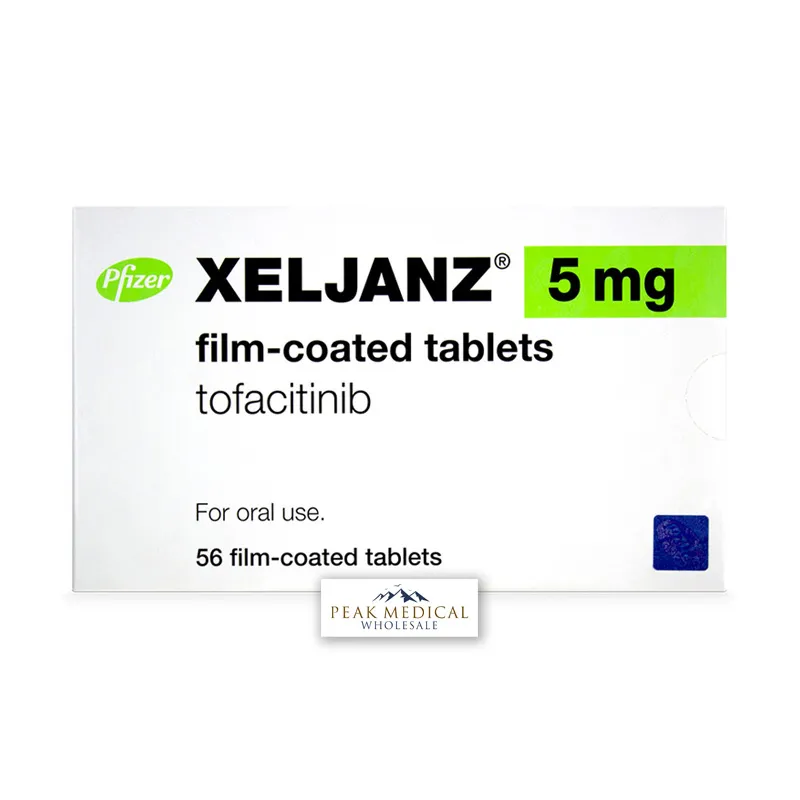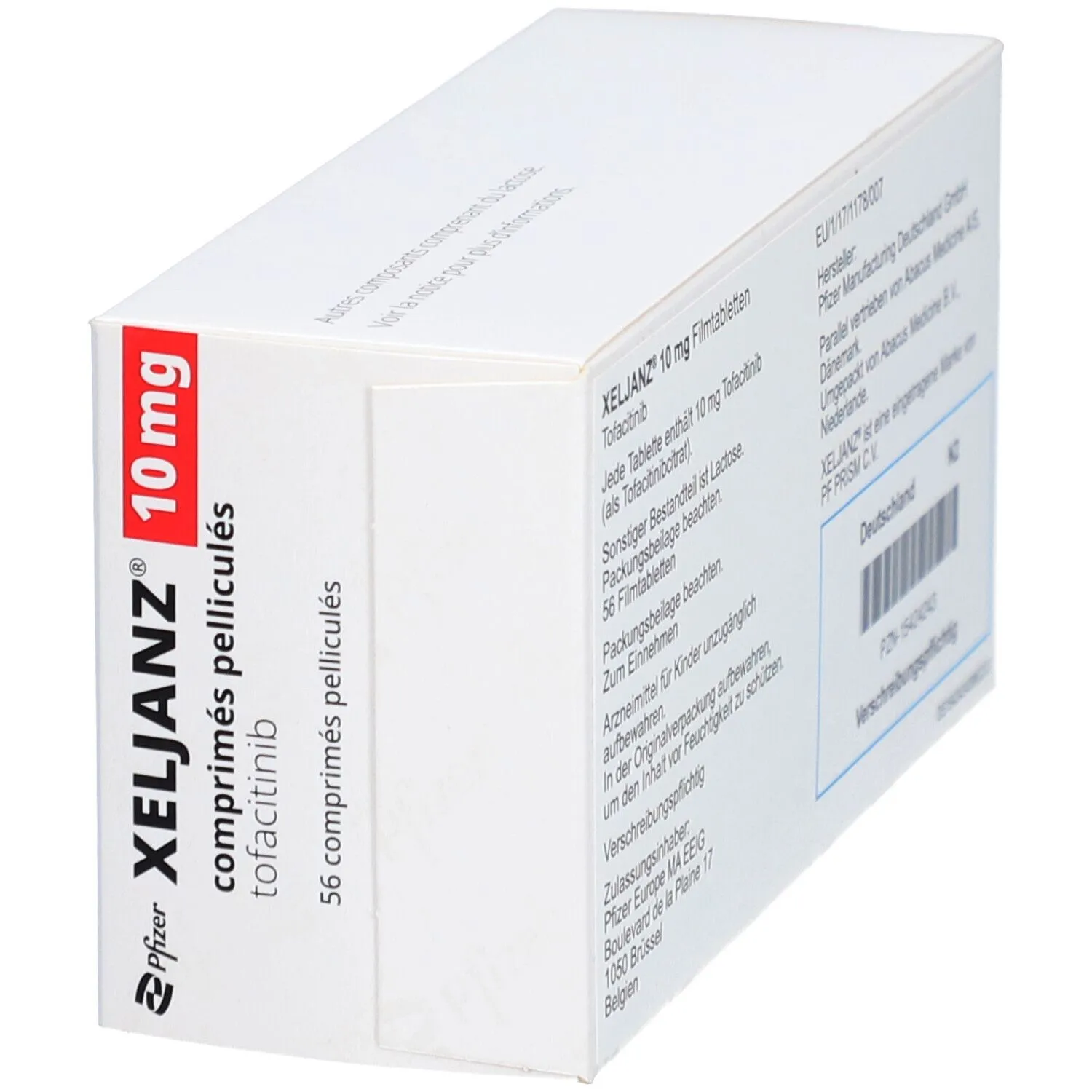Introduction
Reliant is a medication that has gain significant attention in recent years, specially among those seek relief from autoimmune conditions. Whether you’re a patient consider this treatment or a healthcare professional look for detailed insights, understand reliant can be crucial for informed decision – making. This article delves into what reliant is, its uses, side effects, and real – life applications to offer a comprehensive overview.
What’s xeljanz?
Xeljanz, besides know by its generic name tofacitinib, is an oral medication use chiefly to treat autoimmune diseases. It belong to a class of drugs know as janus kinase ( jak ) inhibitors, which work by interfere with the pathways that lead to inflammation in the body.
Uses of xeljanz
- Rheumatoid arthritis: Xeljanz is prescribe for adults with moderate to severe rheumatoid arthritis who have not respond swell to methotrexate.
- Psoriatic arthritis: It is besides use for treat active psoriatic arthritis, another inflammatory condition.
- Ulcerative colitis: Xeljanz help manage moderate to severe ulcerative colitis when other medications are not suitable.
How does xeljanz work?
Xeljanz functions as a jak inhibitor, which block certain enzymes that contribute to the inflammatory process in autoimmune diseases. By do hence, it help reduce inflammation, pain, and damage to joints or tissues.
Possible side effects
While xeljanz can be effective, it’s important to be aware of potential side effects. Some of these include:
- Headaches
- Upper respiratory tract infections
- Elevated liver enzymes
- Increase risk of infections
- Gastrointestinal issues
Patients should consult with their healthcare provider to discuss the benefits and risks before start treatment.
Clinical evidence and real – life applications
Clinical trials have show that xeljanz can be effective in reduce symptoms and improve quality of life for those with autoimmune conditions. A real – life example involve a patient with severe rheumatoid arthritis who experience significant improvement after switch to xeljanz from traditional treatments. This case highlight the potential of xeljanz to offer relief where other medications may fail.
Tips for patients
- Consult your doctor to determine if xeljanz is the right treatment for your condition.
- Discuss any exist health conditions or medications you’re take, as xeljanz can interact with other drugs.
- Be aware of the signs of serious infections and report them to your healthcare provider now.
- Follow the prescribed dosage and schedule to maximize the medication’s effectiveness.
Conclusion
Xeljanz offer hope for many individuals suffer from autoimmune diseases by provide an alternative when other treatments fall short. While it come with certain risks, its ability to improve patients’ quality of life can not be understate. For those interested in learn more, consult with healthcare professionals and explore further literature on xeljanz can provide additional insights.
By understand the benefits and challenges associate with xeljanz, patients and healthcare providers can make advantageously – inform decisions that best suit individual health needs.


